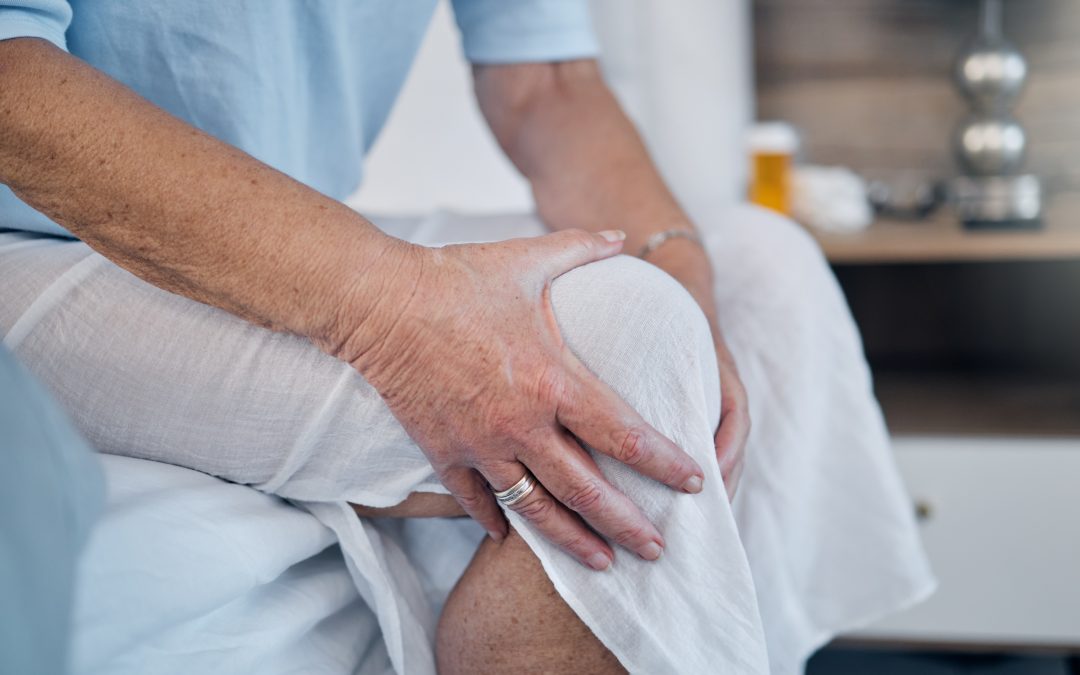Common Types of Aches and Pains
1. Back Pain : Often caused by poor posture, sitting for long periods, lifting heavy objects improperly, or simply the wear and tear that comes with age, back pain is one of the most frequently reported complaints.
2. Neck and Shoulder Pain: Tension and stress are often the culprits behind neck and shoulder discomfort. Long hours at a desk, incorrect sleeping positions, or holding your phone or tablet at awkward angles can lead to tightness and pain in these areas.
3. Joint Pain: Aches in the knees, elbows, and hips can be caused by repetitive movement, injury, or the onset of conditions like arthritis. As we age, the cartilage in our joints wears down, leading to discomfort and stiffness.
4. Headaches: Tension headaches and migraines are common types of head pain that can be triggered by stress, dehydration, poor posture, or lack of sleep. These can range from mild discomfort to severe pain, impacting your ability to function.
5. Muscle Aches: Often caused by overuse, injury, or even dehydration, muscle soreness can result from intense physical activity or simply sleeping in an awkward position.
Why Do These Aches and Pains Happen?
– Overuse or Strain: Repetitive movements, heavy lifting, or intense physical activity can put extra pressure on muscles, joints, and tendons, resulting in aches and pain.
– Poor Posture: Spending long hours sitting or standing with improper posture can strain muscles and joints, especially in the neck, back, and shoulders.
– Injury or Trauma: Accidents, falls, or sports injuries can result in acute pain. Sprains, strains, and fractures often lead to localized discomfort and swelling.
– Chronic Conditions: Conditions like arthritis, fibromyalgia, and osteoporosis can cause persistent pain in joints, muscles, and bones.
– Dehydration and Lack of Movement: Not drinking enough water or staying sedentary for too long can contribute to muscle cramps, stiffness, and general discomfort.
When Should You Seek Help?
– The pain lasts for several days or weeks: Persistent pain that doesn’t improve with rest or basic self-care may indicate an underlying issue that needs to be addressed.
– Pain is severe or sudden: Intense pain, especially if it comes on suddenly (like in the case of a herniated disc or a heart attack), should be taken seriously and warrants immediate medical attention.
– You experience numbness, tingling, or weakness: If you experience any of these symptoms alongside pain, it could signal nerve damage or another serious condition that needs to be assessed by a professional.
– Pain is affecting your ability to function: If aches and pains are interfering with daily activities, work, or sleep, it’s a good time to see a healthcare provider for further evaluation.
Managing Aches and Pains
– Rest and elevate the affected area.
– Apply heat or ice depending on the type of pain.
– Practice gentle stretching or movement to improve flexibility and blood flow.
– Stay hydrated and maintain a balanced diet for overall health.
– Consider physiotherapy or massage therapy to address muscle tightness or joint pain.
If you’re unsure of the cause of your discomfort or if it persists, don’t hesitate to consult a healthcare professional. At Nexus Health Collective, we offer personalised care to help you manage pain and improve your mobility. Our team of physiotherapists, occupational therapists, and podiatrists are here to support you every step of the way. If you’re experiencing persistent or debilitating pain, book a consultation with us today to get started on your path to recovery.


